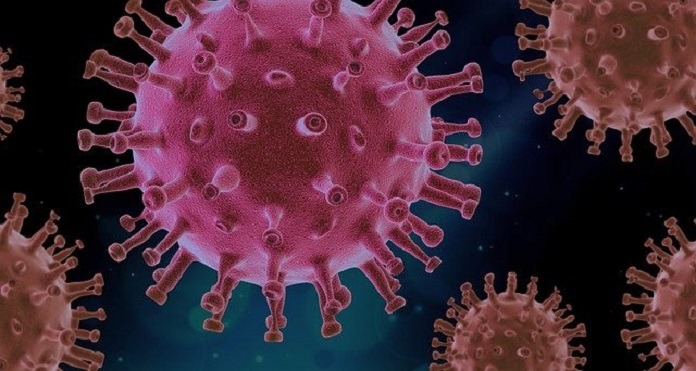Does a positive diagnosis of COVID-19 increase the risk of heart attacks for those with pre-existing atherosclerotic cardiovascular disease (ASCVD) or familial hypercholesterolemia (FH)?
It has been shown that higher rates of COVID-19 deaths can be associated with hypertension, heart failure, and cardiovascular disease. However, there were fewer patients reporting acute myocardial infarction (AMI), or heart attacks, when visiting hospitals during the pandemic.
Researchers from across the United States gathered the data from approximately 55 million individuals for this study. They were divided into six categories based on the information available, which included combinations of diagnosed FH, probable FH, diagnosed ASCVD, and none of the above. Differences amongst individuals were examined, and included variables such as sex, age, ethnicity, and education levels. Other diseases or medical conditions, cholesterol prescriptions, and any history of cardiac issues were all taken into account to develop a baseline for the study.
Establishing these factors and taking them into consideration accounted for any baseline differences among the participants. Those conducting the study were then able to compare the six groups, and more effectively compare who tested positive for COVID-19 among the groups, and who did not.
When testing positive for COVID-19, it was found that there was a higher risk of AMI for those individuals with both diagnosed and probable FH and those with pre-existing ASCVD. There was also a higher risk of AMI observed when compared to other COVID-19 positive patients without ASCVD or FH.
The complete medical history wasn’t available for all of the participants included in this study, resulting in some notable limitations. Individuals that had a history of ASCVD or FH may have not been placed in the correct group for comparison due to missing data.
Although many variables were taken into account to establish baseline difference amongst group members, other factors such as obesity were not considered. The researchers also investigated whether there were any correlations between lipid lowering therapies (LLT) and people with FH who did and did not test positive for COVID-19. There wasn’t a significant relationship between people taking LLT and those not, as the analyses lacked statistical power.
These findings may encourage those with ASVD and FH to receive a COVID-19 vaccination due to the increased risk of AMI. Additionally, this highlights the importance of diagnosing familial hypercholesterolemia, which could help to improve the health of the individual and providing proper treatment.
Source:
Myers, K, D., et al. (2021) COVID-19 associated risks of myocardial infarction in persons with familial hypercholesterolemia with or without ASCVD. American Journal of Preventive Cardiology. doi.org/10.1016/j.ajpc.2021.100197.
Image by PIRO4D from Pixabay



